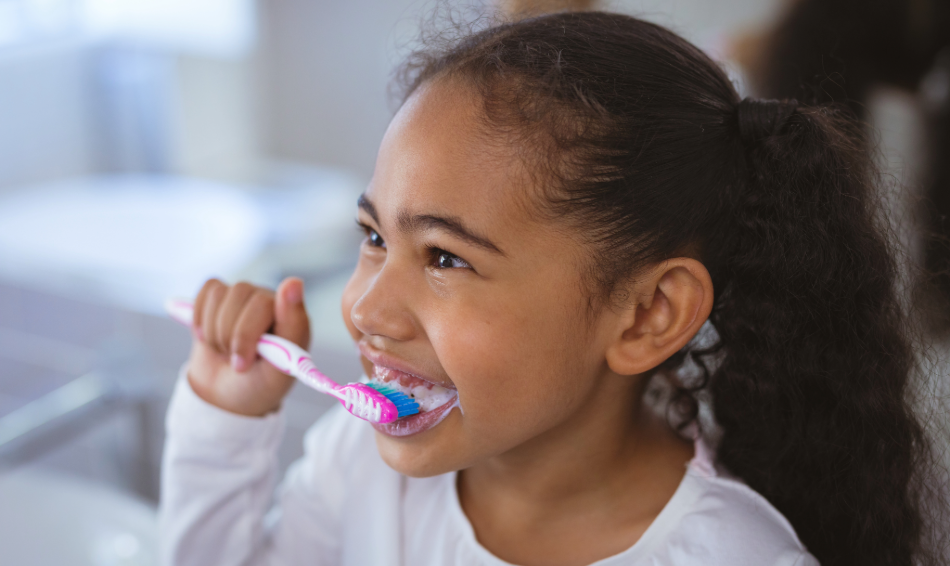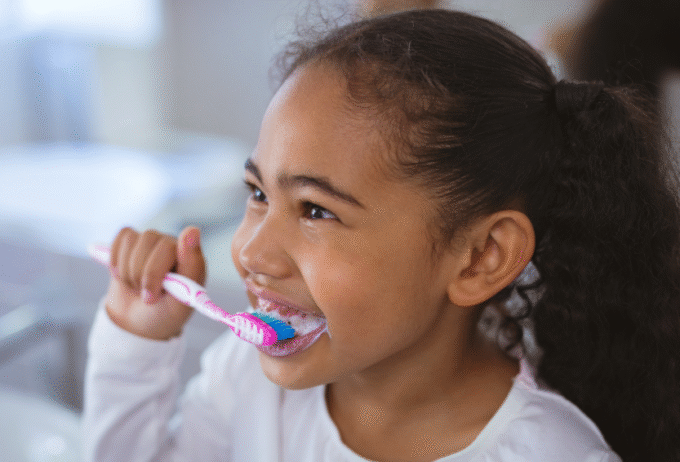Supporting Children’s Health, Hygiene, and Medication Needs: A Guide for Foster Carers

Ensuring the health and well-being of children in your care is a fundamental responsibility. This guide provides practical advice on supporting children’s health, hygiene, and medication needs, helping you create a nurturing and safe environment.
Promoting Health and Well-being
- Regular Health Check-ups: Schedule regular visits to the GP, dentist, and optician. These check-ups are crucial for monitoring the child’s overall health and addressing any concerns early.
- Balanced Diet: Provide nutritious meals that include a variety of fruits, vegetables, proteins, and whole grains. Encourage healthy eating habits and involve children in meal planning and preparation.
- Physical Activity: Encourage regular physical activity. This can include outdoor play, sports, or family walks. Physical activity is essential for physical health and emotional well-being.
Maintaining Good Hygiene
- Personal Hygiene: Teach children the importance of daily hygiene practices such as washing/bathing/showering, brushing teeth, and washing hands. Make these routines fun and engaging to encourage consistency.
- Clean Environment: Ensure that your home is clean and hygienic. Regularly clean and disinfect common areas, and teach children to keep their personal spaces tidy.
- Hygiene Products: Provide access to necessary hygiene products like soap, shampoo, toothpaste, and sanitary products. For children with sensitivities, consider using unscented or hypoallergenic products.
Managing Medication Needs
- Medication Administration: Follow the prescribed instructions for any medications the child needs. Keep a detailed record of dosages and times, and ensure medications are stored safely out of reach of children, and disposed of correctly once expired.
- Healthcare Plans: Work with healthcare professionals to develop individual healthcare plans for children with chronic conditions or special medical needs. These plans should outline the child’s medical requirements and emergency procedures and be included in the child’s individual safer care plan.
- Education and Training: Educate yourself about the child’s medical conditions and the medications they require. Training on administering medication and recognising side effects is essential.
Accessing Support and Resources
- Local Services: Utilise local health and social care services, such as health visitors, school nurses, and out of school support.
- Charities and Organisations: Organisations like The Fostering Network and NHS provide valuable resources and support for foster carers. They offer guidance on health, hygiene, and managing medical needs
- Support Networks: Attendance at our support groups. Sharing experiences and advice with others in similar situations can be incredibly beneficial.
Conclusion
Your dedication to fostering a healthy, hygienic, and safe environment for children is commendable. By promoting good health practices, maintaining hygiene, and managing medication needs effectively, you play a crucial role in the child’s well-being and development.




